Thoughts You Might Be Ashamed Of That Are Actually Quite Common,
Thoughts You Might Be Ashamed Of That Are Actually Quite Common, According To A Psychiatrist - Page 11
Share the post
Share this link via
Or copy link
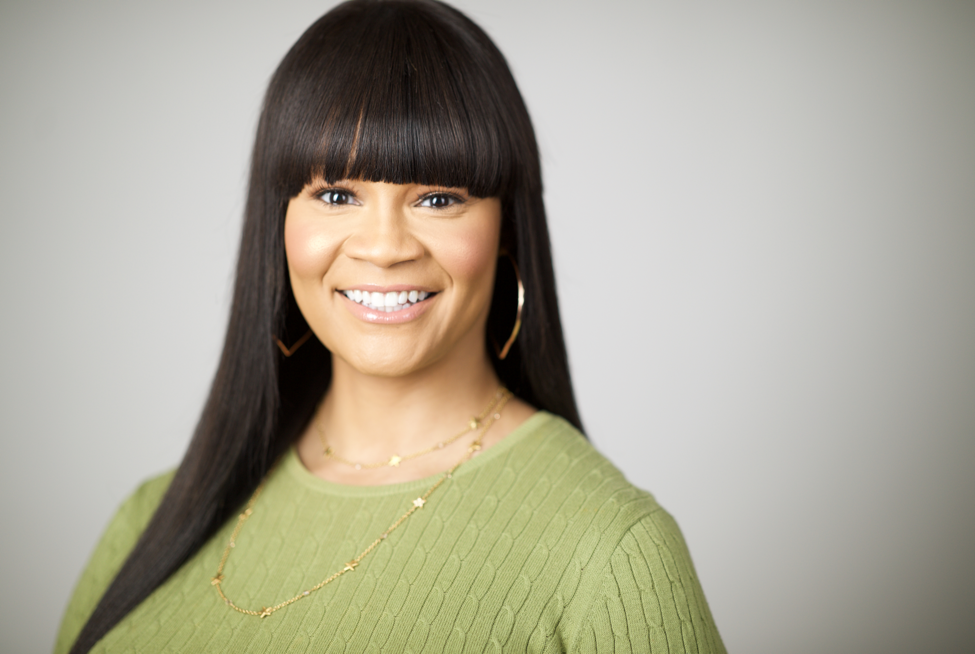
Source: Unknown / Unknown
For all of it’s drawbacks, one thing social media has shown us is just knowing that some of our fears, insecurities, concerns, worries, and neurotic thoughts are pretty common has a way of helping us relax a little. Unfortunately, when it comes to some of our deepest anxieties or even mental health issues, we often don’t share those thoughts and experiences because we’re ashamed and assume no one else feels the same way. The good news is that’s simply not true.
I recently spoke with Dr. Margaret Seide, MS, MD, a New York-based psychiatrist who specializes in treating depression and anxiety disorders, about what thoughts and fears she often comes across in her patients. Perhaps hearing it straight from an expert’s mouth will assure you as to just how common your feelings are and encourage you to share them with friends and loved ones when they creep up.
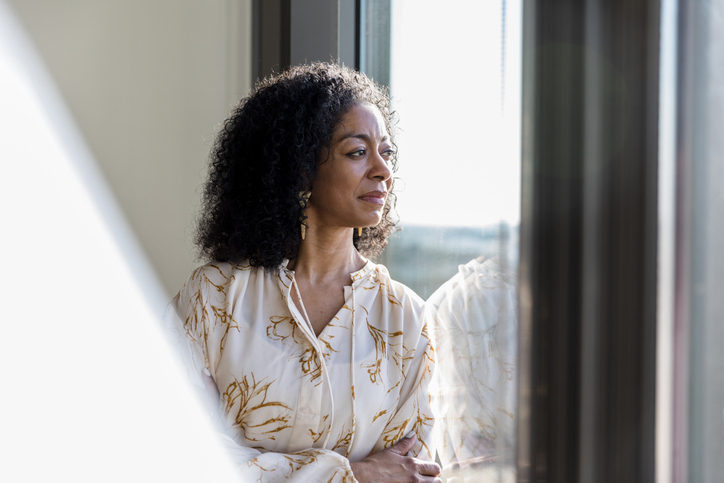
Source: SDI Productions / Getty
“Shame is very subjective”
Dr. Seide wanted to drive home the idea that what is “shameful” is very different across different cultures, different age groups, different genders, and even those from various backgrounds. In some countries, not being married before the age of 17 is “shameful!” Whereas in the United States, being married before that age is…well, illegal. So the concept of shame is a very complicated one, to say the least.
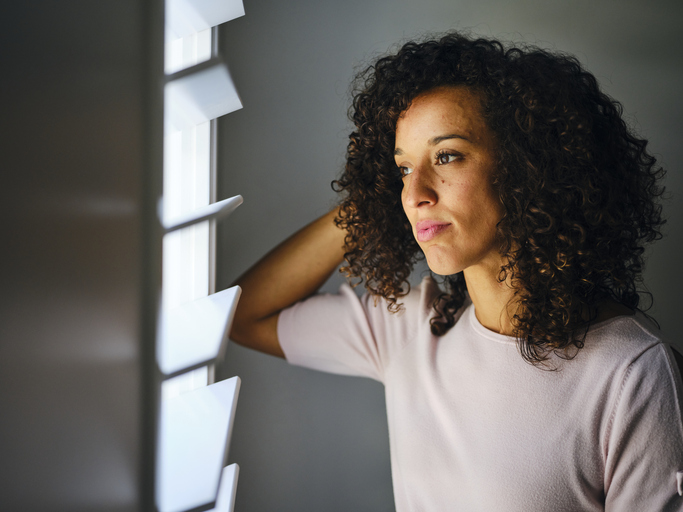
Source: RichLegg / Getty
We are only in agreeance on a few things
Love MadameNoire? Get more! Join the MadameNoire Newsletter
We care about your data. See our privacy policy.
There are certain things that most of society, no matter where you live or where you come from or what phase of life you’re in, can agree are shameful. Everything else is rather subjective. Take fetishes for example. Some feel ashamed of their fetishes, but if fetishes are carried out with consenting adults in controlled environments that don’t impact anyone else, where is the shame in that?
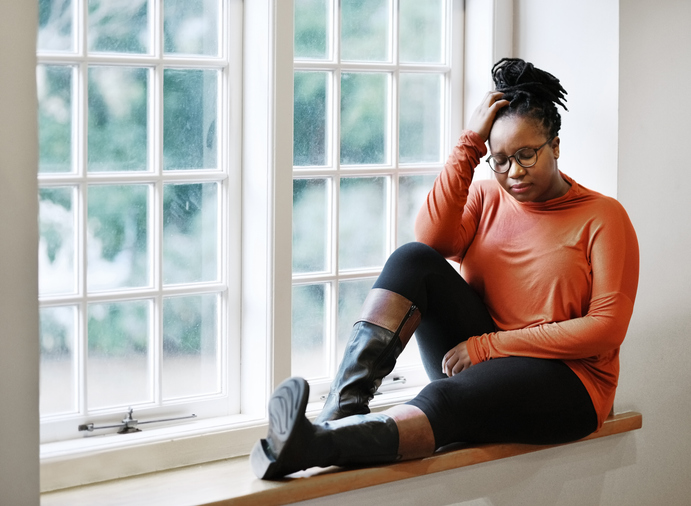
Source: NickyLloyd / Getty
“What do your female patients worry about?”
We turned our attention to the topic of what insecurities and concerns Dr. Seide’s female patients talk about and she mentioned one very interesting thing. “Women feel bad about feeling bad,” adding, “I’ve never had a man say this.”
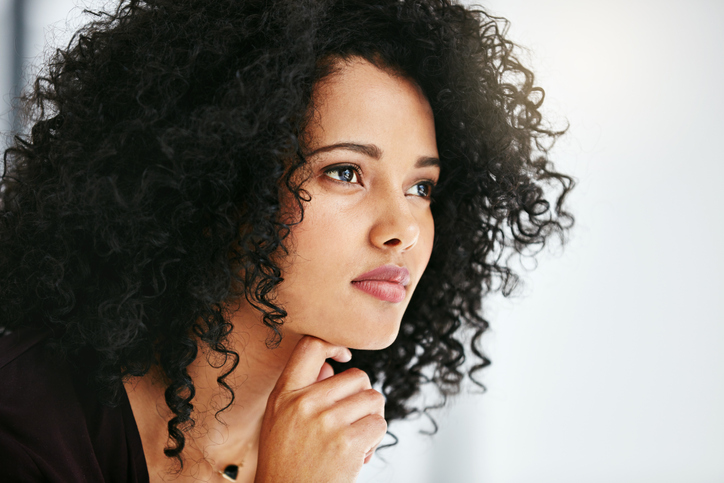
Source: laflor / Getty
We must love ourselves always
I asked Dr. Seide why she thinks this phenomenon of women feeling bad about their feelings has come up and it got us talking about this wonderful, but often complicated shift that has happened for women in recent years. While we used to be told “You aren’t good enough” for many, many reasons, now, things have moved over to the opposite end of the spectrum – even the extreme end.
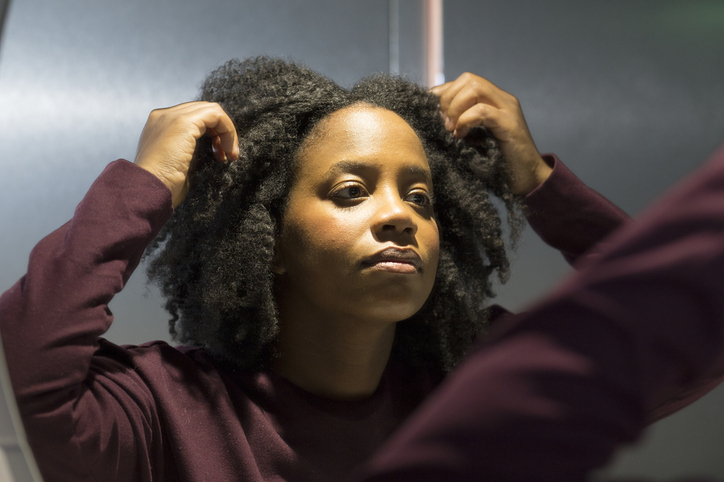
Source: myriam meloni / Getty
Insecurity is not allowed
Not only are we now, as women, encouraged to love ourselves, but it’s gone so far that we are shamed for, in any way, not loving ourselves. “The new thing is radical acceptance of everything about yourself,” Seide explained. Hence, women feel bad, about feeling bad.
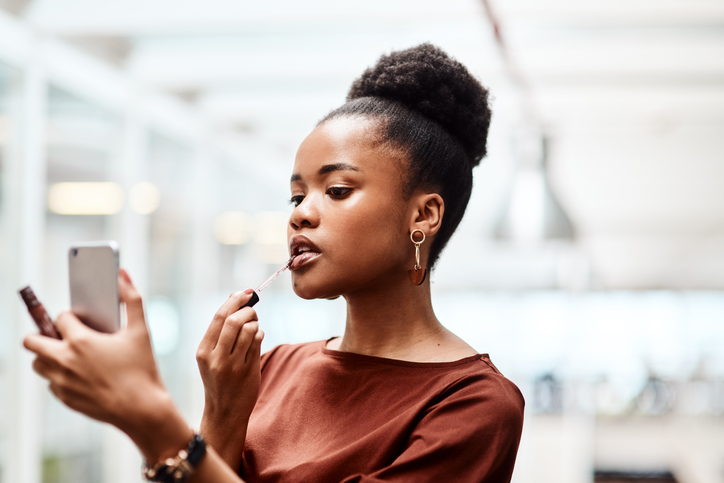
Source: PeopleImages / Getty
It’s prevalent in beauty standards
Much of this new radical acceptance of all of our flaws stems from a rejection of old beauty standards. For so long, women were told, “There is one way to be beautiful and this is it.” And, rightfully so, women have started to say, “Screw that!” But the shift happened so fast, it seems, that contending with that massive gap of yesterday’s beauty standards and today’s anti-standards can be an awkward shift.
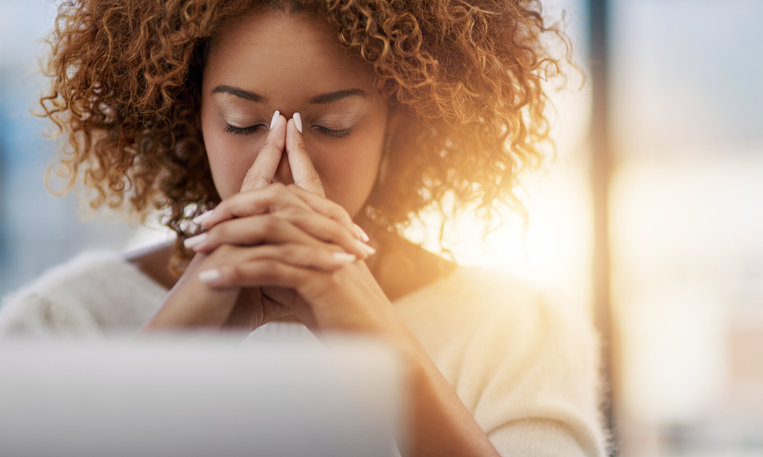
Source: PeopleImages / Getty
Suddenly, having goals is bad
As a result, Dr. Seide said, suddenly women face a new complex. “Not only is there still a lingering perception of what the perfect woman is, but now there is this pressure of…okay now you’re a bad person if you don’t love your cellulite…now you’re a bad person if you have any goals of change.”
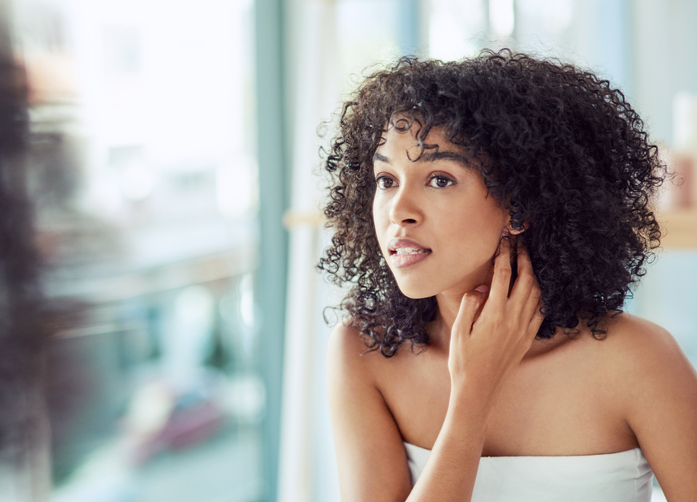
Source: LaylaBird / Getty
We must lift up all women; never just ourselves
Today, it feels like improving yourself is seen as you not loving yourself. Women no longer have the luxury of asking themselves, in a subjective way, “Is there something that, just for me, I’d like to change?” We must also ask, “But by changing it, am I accidentally perpetuating antiquated beauty standards?” That’s a lot of societal pressure to carry.
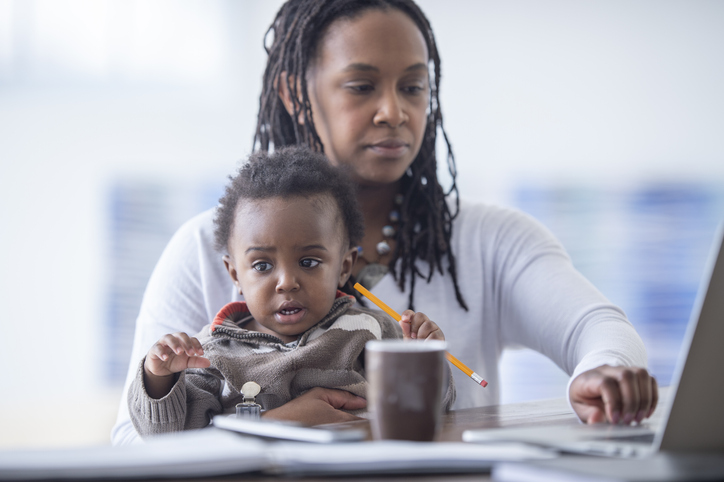
Source: FatCamera / Getty
Relationship roles shifted fast
Relationship dynamics are another area where women tend to struggle, particularly with feelings of guilt about the role they play in their families. “Maybe as recently as two generations ago, male and female roles were pretty clearly defined,” Dr. Seide pointed out. Today there’s freedom to choose but that choice is often subject to scrutiny, externally and internally.
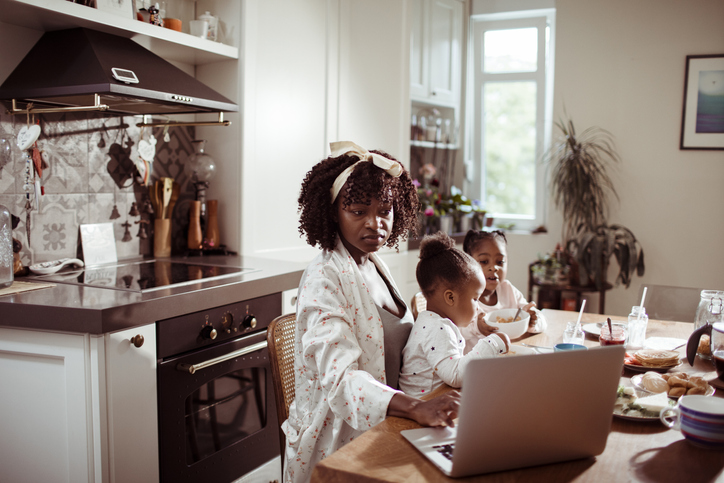
Source: Geber86 / Getty
“Now it’s up to us to decide”
“[In the past] relationships had a purpose. Whether it was your social standing, or because you wanted a child, or you wanted a child in a socially acceptable way. Women’s lives could be seen as ‘precarious’ without a male partner. Now, none of that is true. You can have a baby at any time. Things are more advanced. But it also makes relationships more complicated. Now it’s up to us to decide What is the purpose of a relationship?” Dr. Seide explained.
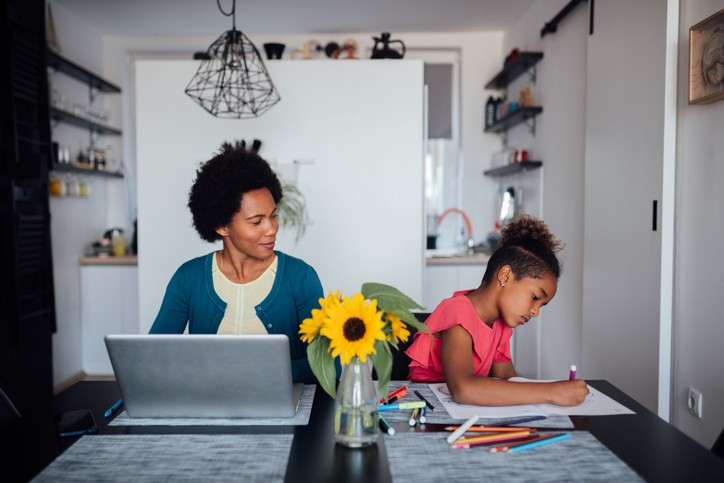
Source: Brothers91 / Getty
Still old ideas linger
Because, in the grand scheme of things, traditional gender roles were still the norm actually quite recently in history, women still struggle with those lingering ideas. Getting married, Dr. Seide says, “Doesn’t have to be for financial security or a socially acceptable way to have kids. It’s a personal, deeper quest…but there is still carryover of those old gender roles.”
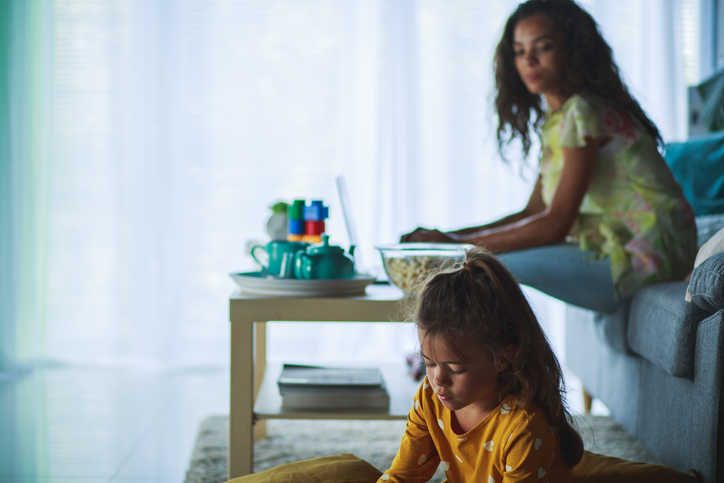
Source: fotostorm / Getty
It’s hard to win
Some women reading this may be surprised because, they may sometimes feel guilty about their role in their marriage, and they aren’t stay-at-home mothers – they’re the ones who go to work. “There is that guilt and confusion for women. There can be guilt in being the breadwinner. There can be guilt in wanting to stay home. Our minds and hearts have to catch up with the times,” Dr. Seide pointed out.







